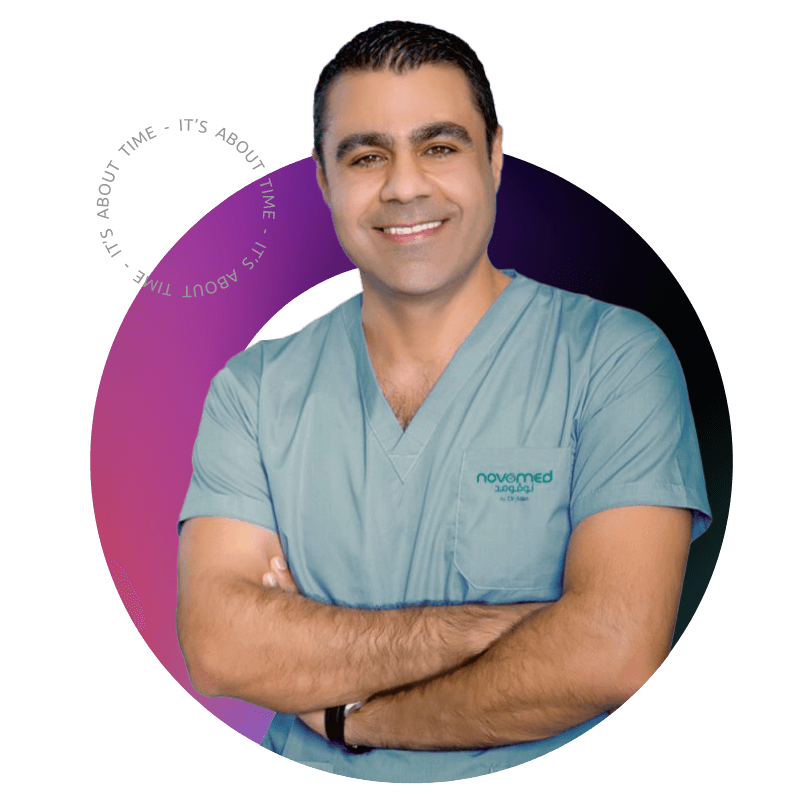Why Remove My Wisdom Teeth?
Wisdom teeth are the third set of molars in the back of your mouth. They typically come in between the ages of 17 and 25 and are spotted on X-ray images. Depending on your case, your dentist may refer you to an oral surgeon. These are some of the reasons most people decide to remove their wisdom teeth:
Wisdom teeth grow in at the wrong angle.
This may cause pressure against your other teeth and can cause pain
Cavities or gum disease.
You may be at risk of oral health problems as for you may not be able to reach your wisdom teeth with your toothbrush and dental floss
Wisdom teeth are impacted.
Your wisdom teeth may not come in normally due to being so far back in the mouth. They can remain trapped in the jawbone or gums which can cause pressure or pain.
Your mouth is not big enough.
It is most common for a jaw to not have room for an extra set of molars.
What to Expect?
The procedure should take only 45 minutes or less. With extreme precision that is guaranteed and pain-free, a wisdom tooth extraction is not as scary nor complicated as it seems. Novomed Center’s specialist dentists and oral surgeons are highly trained to perform surgical extraction to eliminate wisdom teeth.
There are 3 types of anesthesia that can be administered for the removal of wisdom teeth. It is good to ask any questions you have about the surgery and to plan time off work or school to ensure you can get a good rest after the procedure. Your doctor will decide on the type of anesthesia used, based on the condition of your wisdom teeth.
- Local – Your doctor will inject a local anesthetic into the gums. You may also be given laughing gas, or nitrous oxide to help you relax or even doze during the operation. You should feel alert shortly after the surgery.
- IV Sedation – The doctor will numb your mouth as well as administer drugs intravenously. IV sedation will make you drowsy and you may even sleep throughout the entire procedure.
- General – You will be asleep during the whole surgery. General anesthetic can be administered through a vein or through a mask by breathing it in. You may not wake up for about an hour or so after surgery.
What Can Happen When a Wisdom Tooth is Not Removed?
If a wisdom tooth is not removed it can cause damage to your jaw, your other teeth, gums, and can even cause sinus problems. If the extra set of molars are pushing against your other teeth, it can cause damage to your other teeth. Cysts can form around the new teeth which can cause nerve damage and can hollow out your jawbone. Your gums can become inflamed, forming pockets between the teeth, creating space for bacteria to grow. If your wisdom teeth are impacted, your other teeth may become crowded.
Questions to ask:
- How many wisdom teeth need to be removed?
- How long will this procedure take?
- What type of anesthesia will I receive?
- How long does it take to completely heal and return to normal activity?
- Have my wisdom teeth caused any damage to my other teeth?
- What other treatments may I need at a later time?




























